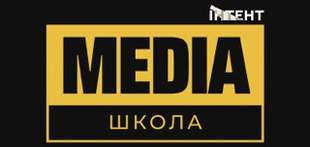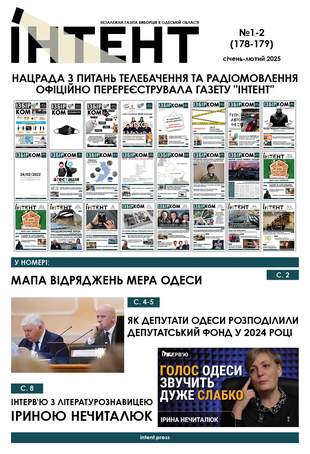Меню
Social networks
April 23, 2025, 9:03 p.m.
Odesa Hosts Charity Concert by Aziza Eskender for Electronic Warfare Fund
Цей матеріал також доступний українською42
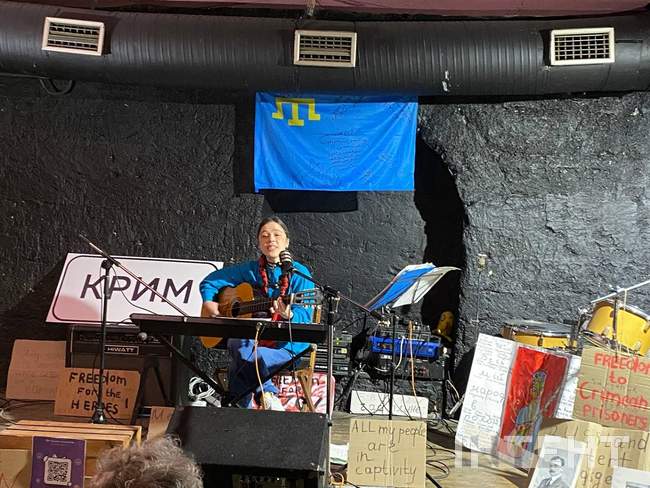
Photo: Intent
On April 22, Odesa hosted a chamber concert by Crimean Tatar artist Aziza Eskender. The event had a charitable purpose - to raise funds for electronic warfare devices for the Southern Air Command.
The concert was attended by Intent's journalists.
The concert program included original songs performed in Ukrainian, English and Crimean Tatar. The performance also included a poem by a Uighur poet who was tortured in China.
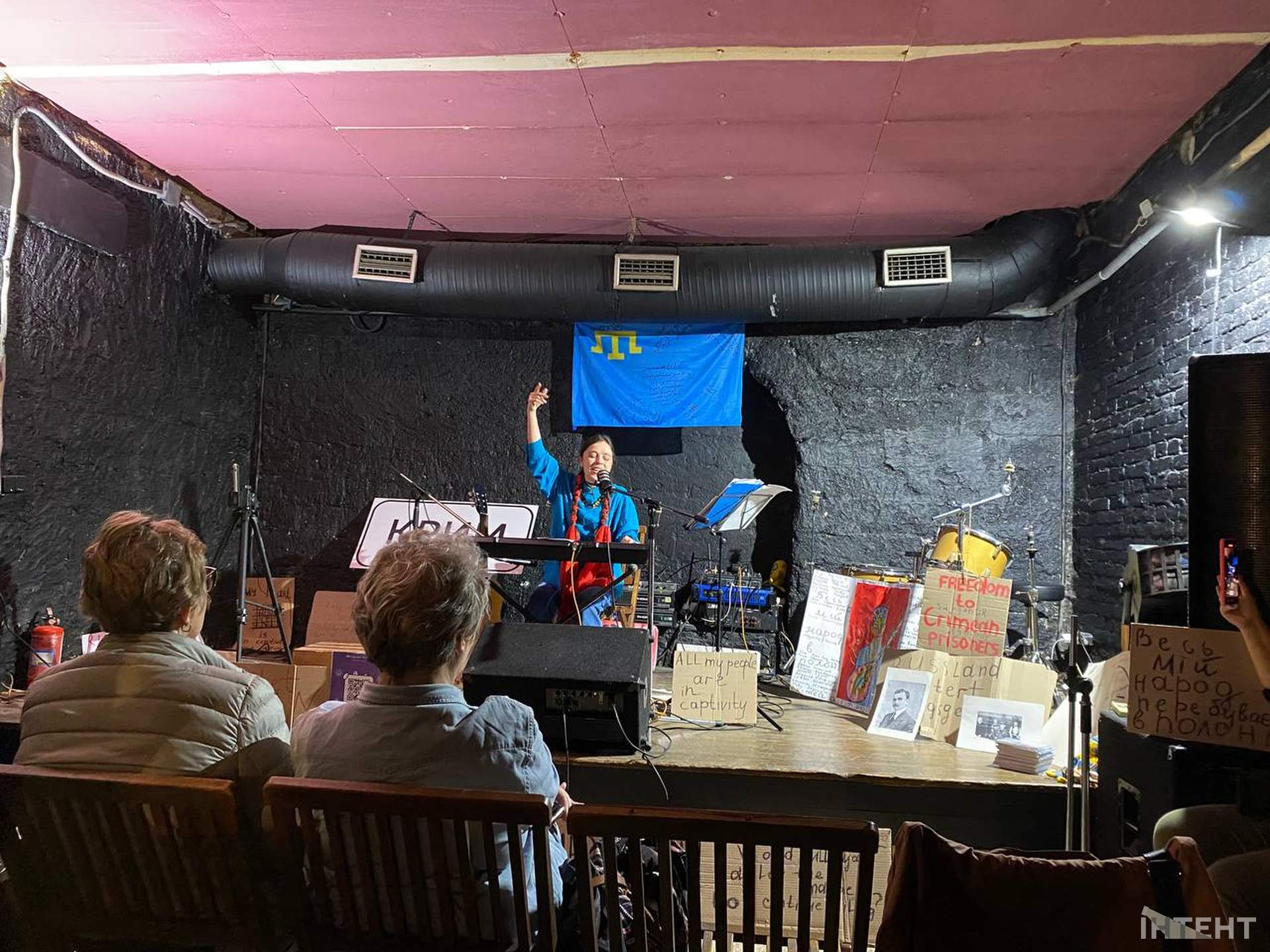 Photo: Intent.
Photo: Intent.
The initiative was implemented in cooperation with the "Come Back Alive" Foundation and the Mission of the President of Ukraine in the Autonomous Republic of Crimea.
Entrance to the concert was free of charge - the recommended amount was 100 hryvnias or more.
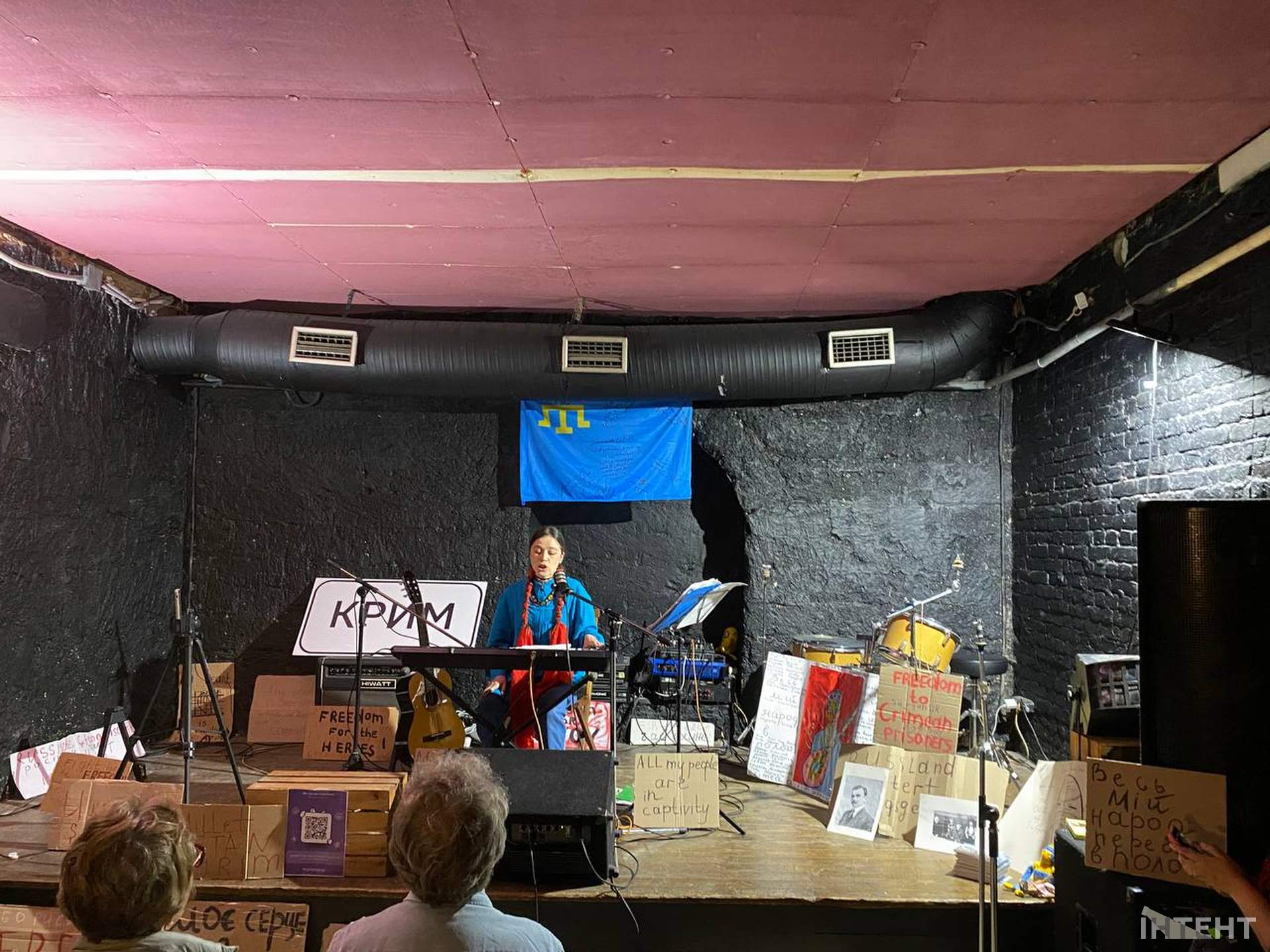 Photo: Intent.
Photo: Intent.
Aziza Eskender is a Crimean Tatar multidisciplinary artist who combines music, theater, poetry, painting and performance to highlight the themes of freedom, identity and the Crimean Tatar people's struggle for existence. In her work, she focuses on the loss of land, language, historical heritage, and the illegal displacement of children and adults from the occupied territories to Russia.
One of her projects is The Colony, a performance dedicated to Crimean political prisoners that combines dance, theater, poetry, multimedia, painting, and music. This project tells the story of a colonized individual seeking freedom from violence and assimilation.
Aziza Eskender also hosts musical apartments such as "Kimim? Who am I?", where she shares stories of self-determination and the search for personal and collective identity. Her work is an intersection of theater, music, and painting that manifests the freedom and struggle of the Crimean Tatar people for existence.
Aziza actively supports Ukraine in its struggle for independence by organizing charity concerts and performances, particularly in Odesa, where her music pierces the heart with tender stories of self-discovery, connection to Crimea, and the silence of internal resistance.
